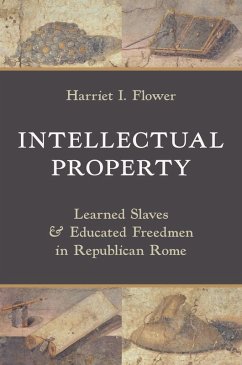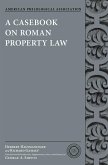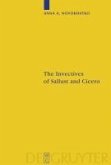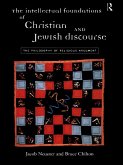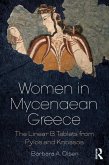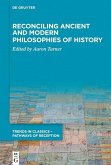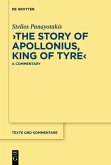The first in-depth account of the lives and careers of educated slaves and freedmen in ancient Rome Slaves and freedmen played an important yet understudied role in the literary culture of the Roman Republic. Though their work went largely uncredited, they fulfilled vital roles as editors, researchers, and collaborators in the service of Rome's literary and political elite. Intellectual Property tells the stories of these gifted and highly educated young men, from Licinius the flute-player, who shaped the rhetorical style of the orator Gaius Gracchus, to the grammarian and teacher Tyrannio of Amisus, who was brought to Rome as a war captive. Highlighting the unique social prestige of literary production and intellectual performance in a society pervaded by slave labor, Harriet Flower shows how the exorbitant prices paid for the highly educated encouraged a complex system of training young boys for the marketplace or acquiring educated captives as booty, and how they were treated as valuable assets to be deployed as prizes, gifts, or investments that could bestow financial and cultural capital. She demonstrates how enslaved and manumitted intellectuals, far from being menial workers, shared close relationships with leading Romans of the day. They came from a variety of backgrounds and were relied on as coauthors and collaborators in a range of genres, with some gaining fame as authors themselves. With lively case studies and insightful new interpretations of the ancient sources, Intellectual Property paints a more nuanced picture of enslaved labor in ancient Rome, revealing how the contributions of enslaved intellectuals were closely linked to the ambitious development of Latin literary culture and the dissemination of knowledge.
Dieser Download kann aus rechtlichen Gründen nur mit Rechnungsadresse in A, D ausgeliefert werden.

